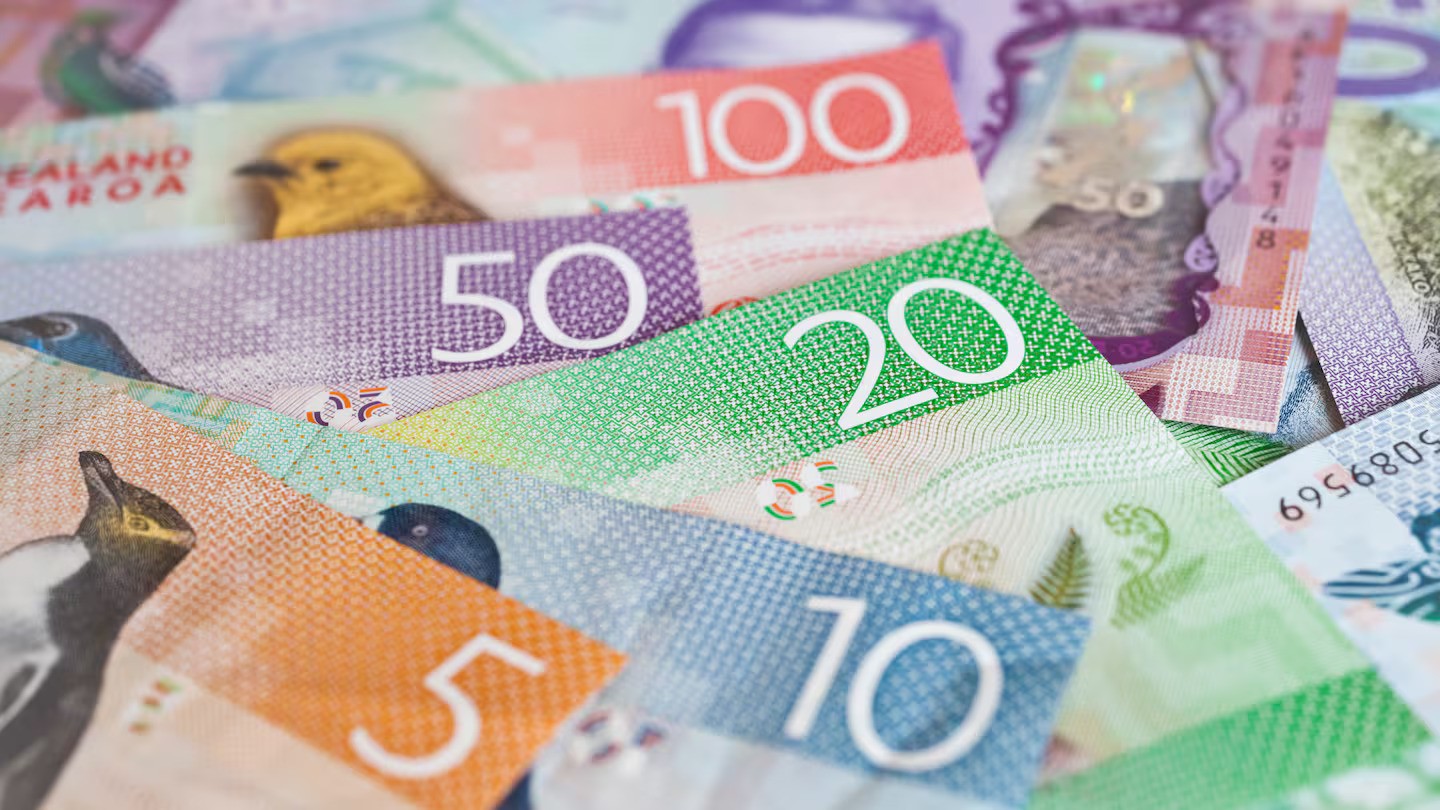Business
Markets React to Unexpected 0.9% GDP Drop in June Quarter

The recent announcement of a 0.9 percent decline in GDP for the June quarter has led to significant market reactions, leaving investors and analysts alike assessing the implications. This drop, which was greater than anticipated by both economists and the Reserve Bank, has raised concerns about the broader economic outlook.
According to data released last week, the economy contracted more than expected, prompting a wave of disappointment across various sectors. Shane Solly, an expert from Harbour Asset Management, provided insights into the market’s response to this unexpected downturn. He noted that such a substantial contraction is likely to influence investor sentiment and could impact policy decisions moving forward.
Market Reactions and Investor Sentiment
The immediate reaction in financial markets has been one of caution. Stocks experienced volatility, with many investors reassessing their positions in light of the negative economic signals. Solly explained that market participants are now closely monitoring the potential implications for interest rates and future economic growth.
“Investors are understandably jittery,” Solly stated. “A GDP contraction of this magnitude suggests that we may be facing broader economic challenges. This could prompt the Reserve Bank to reconsider its current monetary policy stance.”
In particular, sectors that are sensitive to economic performance, such as consumer goods and retail, have shown signs of weakness. The decline in GDP has raised fears that consumer spending may falter, further exacerbating the economic situation.
Future Implications and Economic Outlook
Looking ahead, analysts are debating the potential long-term effects of this GDP drop. Solly emphasized that such economic indicators are crucial for shaping future fiscal and monetary policies. The Reserve Bank may need to take action to stimulate growth, depending on how other economic indicators perform in the coming months.
“This situation highlights the need for careful navigation in policy-making,” he noted. “The central bank faces a delicate balance between fostering growth and managing inflation. The decisions made in response to this data will be pivotal.”
As the market digests the implications of the 0.9 percent GDP decline, investors are expected to remain vigilant. The situation serves as a reminder of the interconnectedness of economic data and market performance, with potential ripple effects across various sectors.
In conclusion, the unexpected contraction in GDP has created a complex environment for both investors and policymakers. With economic indicators closely monitored, the path forward will require strategic thinking and responsive measures from the Reserve Bank and other stakeholders in the economy.
-

 World3 months ago
World3 months agoTest Your Knowledge: Take the Herald’s Afternoon Quiz Today
-

 Sports3 months ago
Sports3 months agoPM Faces Backlash from Fans During Netball Trophy Ceremony
-

 Lifestyle3 months ago
Lifestyle3 months agoDunedin Designers Win Top Award at Hokonui Fashion Event
-

 Sports3 months ago
Sports3 months agoLiam Lawson Launches New Era for Racing Bulls with Strong Start
-

 Lifestyle3 months ago
Lifestyle3 months agoDisney Fan Reveals Dress Code Tips for Park Visitors
-

 World4 months ago
World4 months agoCoalition Forms to Preserve Māori Wards in Hawke’s Bay
-

 Health3 months ago
Health3 months agoWalking Faster Offers Major Health Benefits for Older Adults
-

 Politics3 months ago
Politics3 months agoScots Rally with Humor and Music to Protest Trump’s Visit
-

 Top Stories4 months ago
Top Stories4 months agoUK and India Finalize Trade Deal to Boost Economic Ties
-

 Entertainment3 months ago
Entertainment3 months agoExperience the Excitement of ‘Chief of War’ in Oʻahu
-

 World4 months ago
World4 months agoHuntly Begins Water Pipe Flushing to Resolve Brown Water Issue
-

 Science4 months ago
Science4 months agoNew Interactive Map Reveals Wairarapa Valley’s Geological Secrets









